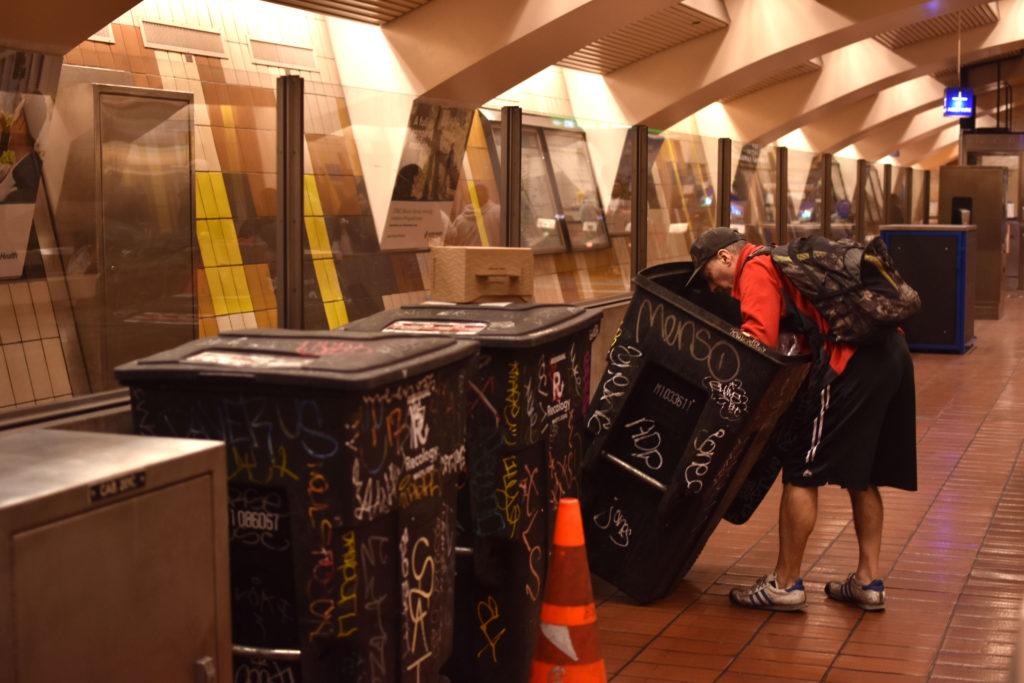The results of a BART survey released on Thursday show increased complaints from riders who say the transit agency is not doing enough to address the crime and grime they encounter as customers.
The latest biannual survey asked 5,292 riders how pleased they were with BART services last year. Only 56 percent of the BART riders surveyed said they were satisfied last year, compared to 69 percent in 2016 and 74 percent in 2014.
The negative ratings came after BART experienced one of its most turbulent years in operation, with several violent crimes and sanitary issues making the news in 2018. The fatal stabbing of 18-year-old Nia Wilson at MacArthur Station in July and two prior homicides that month prompted BART officials to boost safety and security measures in August.
Satisfaction with BART safety, cleanliness and law enforcement all declined by more than 10 percent, according to the 2018 survey. Some 27 percent of riders stated they used BART less because it was too dirty, 23 percent because of crime concerns and 21 percent due to overcrowded trains.
One survey respondent wrote, “The No. 1 problem with BART right now is the sheer volume of homeless people and mentally ill on BART. My wife and co-workers often do not feel safe or clean on BART. Please find a way to fix this. Happy to pay more for this.”
Some of the top issues listed in the BART survey included personal security, homelessness, lack of police presence and maintenance concerns.
Other survey participants said BART is unclean in addition to being unsafe.
“The BART trains are generally very dirty, and they smell of urine,” wrote a respondent. “The floors are filthy and often times the seats are as well.”
Rampant drug use on the BART system was another concern for riders after a hypodermic needle pricked a woman seated on a train in May last year.
“I’ve found needles, urine, fecal matter on seats. Homeless harassing riders. I feel unsafe all the time,” another respondent wrote.
A video posted by KPIX CBS showed drug users shooting up with needles in a hallway at Civic Center Station in April last year.
BART invested $44 million in new initiatives over the past 5 years to respond to these issues, according to BART spokesperson Christopher Filippi.
“We feel the results of BART’s biannual Customer Satisfaction Survey confirm quality of life issues are the correct priorities for BART to focus on,” Filippi said.
BART created an elevator attendant program, homeless outreach team and a controversial fare enforcement initiative to combat some of the most common complaints for BART riders, according to Filippi.
Newly-elected board director Janice Li said she would like to see BART continue to do more for the community.
“I think BART is finally starting to acknowledge [its] role as a transit agency,” Li said in an interview with Xpress last year. “Whether that’s passing a Safe Transit Policy when sanctuary policies were under attack or piloting an elevator attendant program.”
BART’s Homeless Outreach Team contacted 703 individuals in its first year of operation from November 2017 to November 2018. The team directed six people into shelters and six others into warming centers during the first week of January this year, according to Filippi.





